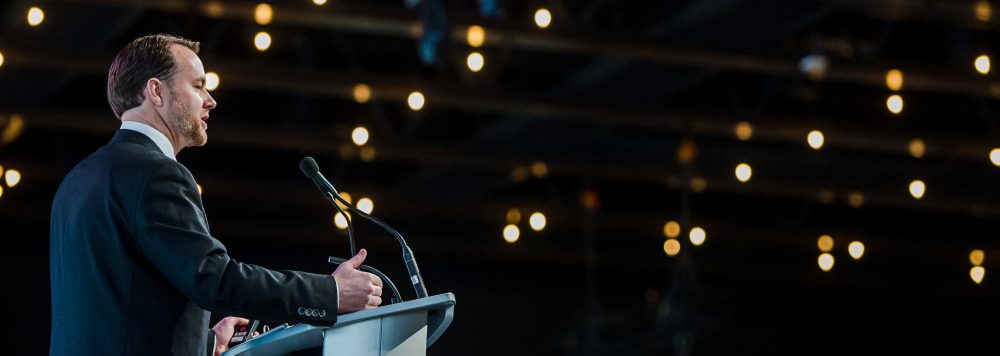I want to take a moment to discuss the importance of events.
After an era of COVID, people are anxious to reconvene and cheer and celebrate. People want to feel energy and anticipation and celebration. And yes, it takes guts to say “we’re open for business and we welcome the world.”
Tonight we are watching the Canadian Men’s Soccer Team play play Mexico in hopes of finding a away to the World Cup in Qatar. It’s -10 Celsius. Windshield is an additional -10 Celsius. The field is -20 Celsius. There is 45cms of new snow. There are 40,000 fans. And we are up 1-0 at the end of the half.
This is where brands are built.
My texts light up. From Singapore to Berlin to Glasgow to Rio. They all say:
“What the fak? How do you play football at that temperature?” and “Does Edmonton always come out and cheer on their teams in a snowstorm?” And, “What else do you guys do in the winter?”
This is brand building, baby.
As I respond, the next series of texts come in:
“I want to come visit.”
“Edmonton fans are awesome.”
“Are the ski hills open?”
From my experience, as we share our sport culture to the world, people gain an impression and think (1) Fascinating place; (2) I’d like to visit; (3) How do I get there?; (4) What else can I do there?; (5) What are the business opportunities there?; (6) Where should I stay while I’m there?; and then finally (7) How do I book a ticket to go there?
That’s how it happens. And that is the value of globally relevant events.
Be Proud Edmonton, and Alberta, and Canada.
You are awesome.
